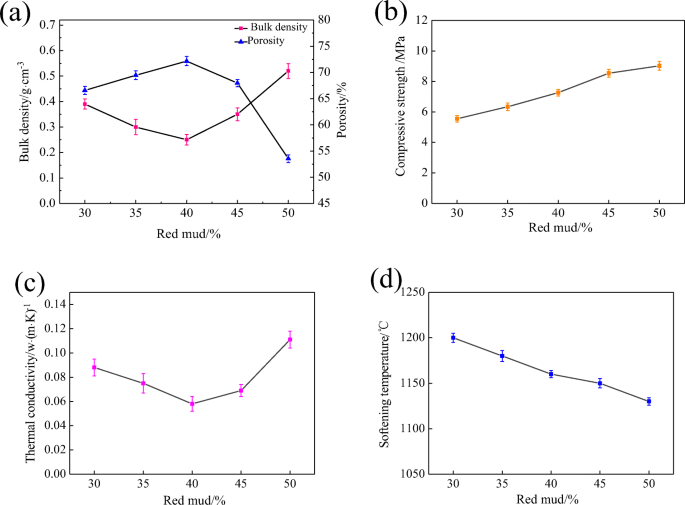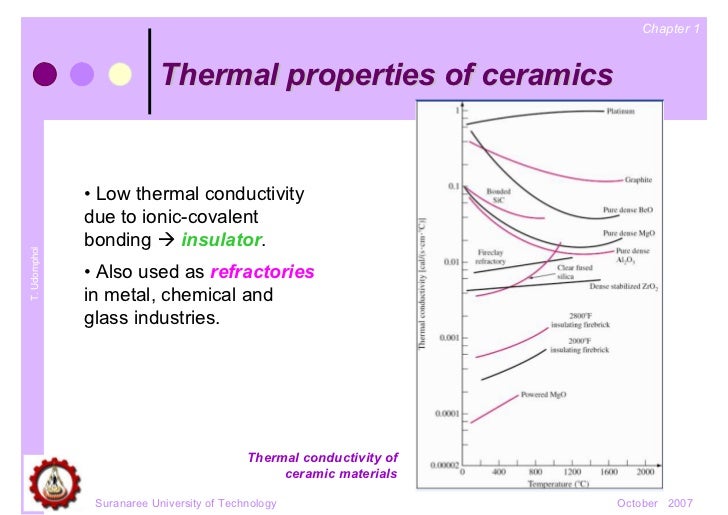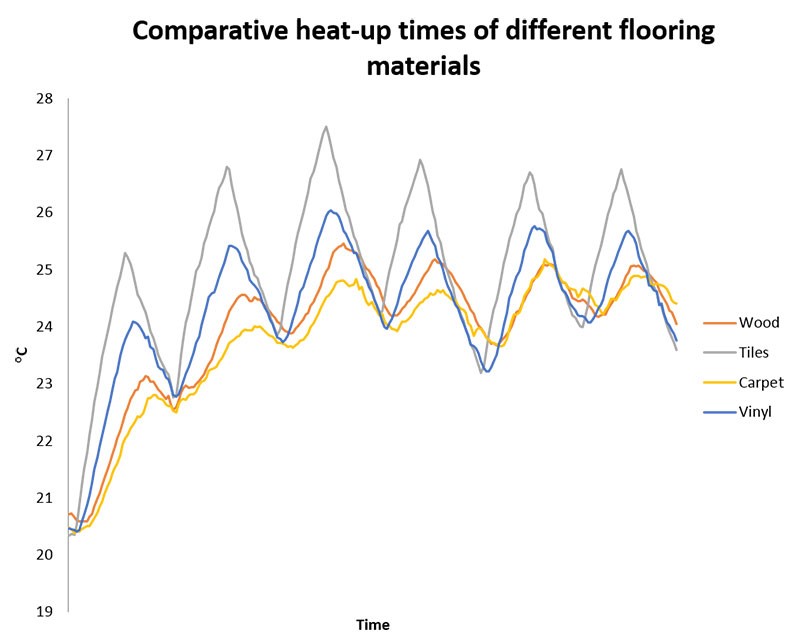If a ceramic material is rapidly cooled its surface reaches the temperature of cooling environment and tends to contract thermal contraction.
Thermal properties of ceramic tiles.
Major thermal properties of ceramics are.
Ceramic tiles possess a wide range of properties and certain tiles are better suited for some installations than others.
Every type of ceramic tile has a unique set of properties making them suitable for a specific kind of project.
Thermal shock resistance is an ability of material to withstand sharp changes in temperature.
Ceramic tiles come with a lot of benefits that make it a widely used flooring material for different buildings.
Acoustic and thermal performances of floating floor and or radiant floor can be improved by using ceramic tiles with tailored porosity and microstructure.
For instance if you compare ceramic tiles vs vitrified tiles the latter is known for its glossy look and less water absorption compared to ceramic tiles.
The research of thermal properties in materials science is important because we can exploit the features or characteristics of that material as purpose to enhance human life.
Thermal shock resistance refers to a material s ability to withstand rapid changes in temperature.
Consequently precise knowledge of the properties is essential for.
The heat resistant properties of fine ceramics are measured by the temperatures at which they begin to melt and by their levels of thermal shock resistance.
Cordierite is a crystalline magnesium aluminosilicate.
From this we know that ceramics conduct heat but withstand high temperature.
Since the interior regions of the material are still hot thermal contraction of the skin surface is.
To increase chemical resistant in ceramics silica should be added.
Porcelain is a ceramic material made by heating selected and refined materials often including clay in the form of kaolinite to high temperatures.
Therefore heat transfer plays an utmost role in application of tile and marble such as floor wall or any decoration.
Ceramic tiles have been produced from spent pot liner after oxidizing the same at high temperature to remove fluoride and cyanide content and burning out carbon value to obtain a vitrified mass which was later mixed with glassformer like soda lime silica glass collect fly ash from utility boilers incinerated ash lime stone gypsum silica sand and nucleating agents like.
Thermal conductivity online converter.
Properties of ceramic tile 2008 michael f.
Few tiles are suited for all types of installations.
Ceramic tiles are available in various designs colors finishes which can be used to create unique walls.
On heating ceramics expand this is generally known as thermal expansion.
Heat and thermal shock resistance.









